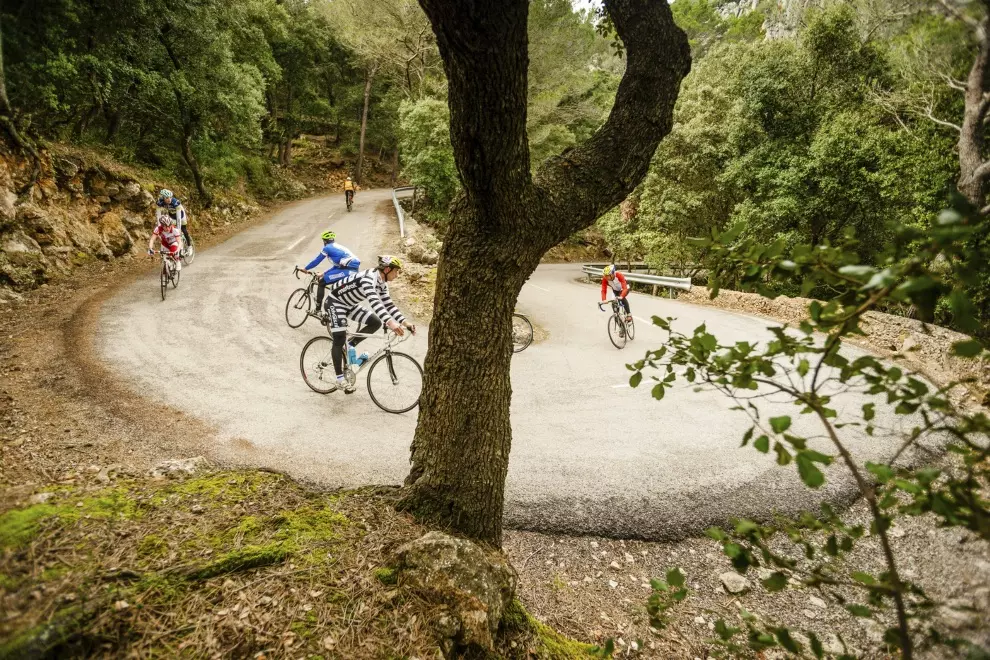What kind of sleep interventions improve performance?
The researchers that published their systematic review in July 2023 looked at 25 trials done between 2011 and 2021. They were interested in comparing different sleep interventions to see which ones had the biggest impact on athletic performance and recovery. Here are some of the ones that were observed in the trials.
- Sleep hygiene
- Naps
- Extending sleep duration
- Light manipulation
- Removing electronic devices at night
- Cold-water immersion
- Mindfulness
- A combination of several methods
Naps and longer sleep are the most effective
The results show that sleep hygiene, removing electronic devices at night, and cold-water immersion had no effects on sleep and subsequent performance and recovery. Mindfulness and light manipulation demonstrated promising results. But in all of these cases, more studies are needed to confirm. Sleep extension and naps were the most beneficial strategies and also the most commonly used in research.
The researchers specified that athletes who sleep on average 7 hours each night should be advised to extend their sleep length by 46-113 minutes. When it comes to naps, they should be 20-90 minutes in duration and were shown to improve performance after a regular night of sleep and help restore poor performance after a bad night of sleep.
What should you do?
If you want to put the results of this systematic review into practice, you first have to find out what you’re working with. If you have a Garmin, Apple Watch or a different wearable that tracks your sleep, you probably know your average sleep length. If not, try keeping a sleep diary for a week to get some data. If you find that you’re averaging around 7 hours or fewer, it’s time to make some improvements.
- Extend your sleep time to 8-9 hours. Most of us have a fixed wake-up time. The best way to extend sleep is to go to bed earlier. Set up a “go to bed” alarm to 9,5 hours before your wake-up one.
- Include a nap (20-90 minutes) on days when you need to boost your performance or when your sleep is not ideal. Just note that daytime naps can make you less sleepy in the evening. If you have trouble falling asleep, try adding extra sleep to your main sleep time.
We often focus on squeezing the most out of our training sessions and buying new carb gels to improve performance. This systematic review serves as a good reminder that paying attention to the basics like sleep duration is still important.




